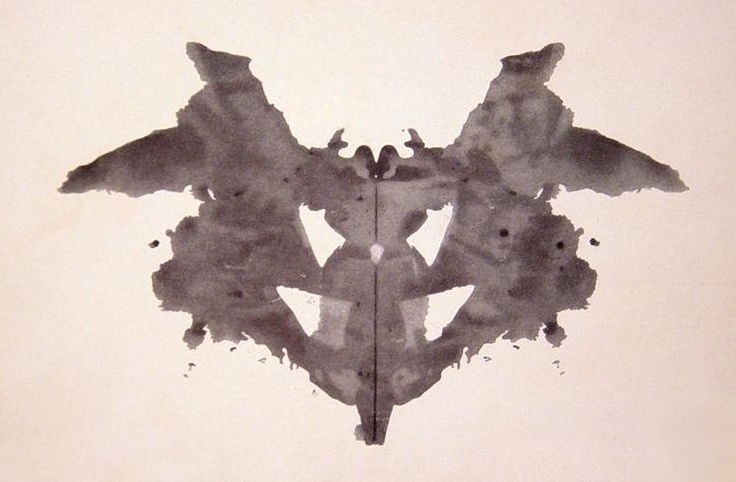Key Difference – Test vs. Experiment in Psychology
In the field of psychology, tests and experiments are not the same thing, though they may seem similar. A test is used to understand an individual’s psychological makeup, while an experiment is an investigation to test the validity of a hypothesis in a scientific manner. The main differences between tests and experiments in psychology are that experiments use hypotheses and produce new knowledge, while tests do not.
Key Takeaways
- Tests help to understand an individual’s psychological makeup, while experiments test the validity of a hypothesis in a scientific manner.
- Experiments use hypotheses and produce new knowledge, while tests do not.
- Tests focus on an individual’s psychological construct, while experiments can go beyond a single individual.
What is a Test?
A test, or a psychological test, is used by psychologists or counselors to understand the psychological makeup of an individual. By conducting a test, they can assess and measure certain attributes of the person. Examples of tests used in psychology include the Minnesota Multiphasic Personality Inventory for testing personality and the Stanford-Binet Intelligence Scale for assessing intelligence. It is important to note that there may be exceptions to the accuracy of these tests, so psychologists often use more than one test before arriving at a diagnosis.
What is an Experiment?
Experiments are a primary method of inquiry in psychology. They involve investigations in which the validity of a hypothesis is tested in a scientific manner. Psychologists manipulate independent variables in experiments, which in turn affect dependent variables. This helps them study cause and effect relationships. Experiments can be conducted in controlled laboratory settings or in natural environments where variables are observed rather than controlled.
What is the difference between Test and Experiment in psychology?
The main differences between tests and experiments in psychology are as follows:
– Tests focus on understanding an individual’s psychological makeup, while experiments test the validity of a hypothesis in a scientific manner.
– Tests do not involve hypotheses, while experiments typically require them.
– Tests do not produce new knowledge, but can be used to assist people and support experiments. Experiments, on the other hand, lead to new knowledge.
– Tests center on an individual’s psychological construct, while experiments can go beyond a single individual.
